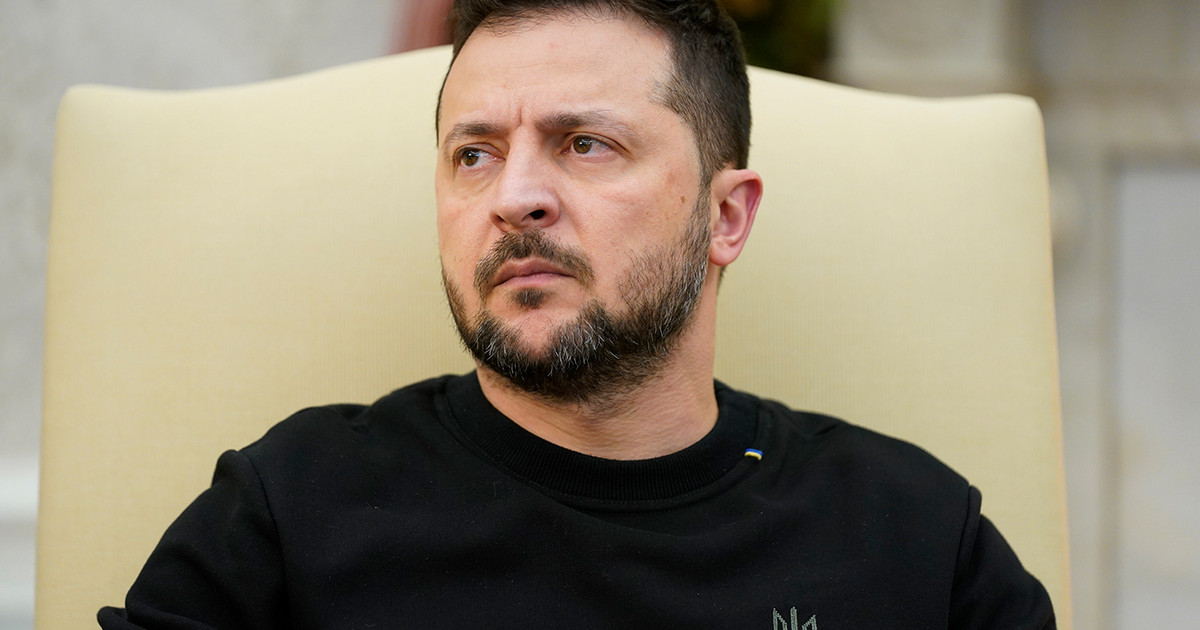The future of Switzerland’s controversial banking secrecy law will be debated in the country’s parliament this week, under pressure from UN officials to repeal rules that lead to the prosecution of journalists and whistleblowers.
In particular, according to the Guardian, a committee of the Swiss parliament may submit proposals by Friday, which could amend the law on banking secrecy – known as Article 47 – which makes it a criminal offense to disclose information about a bank’s customers, even if it is in the public interest.
The development comes amid growing international pressure for the repeal of the law, including the position expressed by the UN Special Rapporteur on Freedom of Expression and Expression, Irene Kahn, who said Article 47 violated international law. and human rights.
“This is usually a problem in authoritarian states,” Irene Kahn said.
Kahn, who has written to the Swiss government on the issue, plans to reiterate her concerns about Article 47 next month at the UN Human Rights Council.
Irene Kahn’s intervention followed an investigation by international media, including the Guardian, into Switzerland’s second largest bank, Credit Suisse.
A leak of documents containing data on 30,000 Credit Suisse customers revealed that the bank had been holding accounts of people involved in torture, drug trafficking, money laundering, corruption and other serious crimes for decades.
However, Switzerland’s complete banking secrecy laws meant that the journalists involved in the investigation risked fines or even imprisonment. As a result, the Swiss media were unable to participate.
This prompted Kahn to write to the Swiss government, asking him to explain whether the country’s laws are in line with its commitment to human rights.
“Total protection of banking secrecy in Switzerland violates international law,” Kahn told reporters who took part in the investigation. She stated that Swiss banking secrecy laws are incompatible with two international conventions – Article 19 of the International Covenant on Civil and Political Rights and Article 10 of the European Convention on Human Rights – which jointly guarantee freedom of expression and of the Press.
“Switzerland has signed both and is obliged to abide by them,” he added.
According to her, the Swiss government was “in a difficult position trying to explain why publishing information that could reveal financial crimes should be punishable by up to three years in prison. Especially when journalists and informants report real problems at a bank.” the law should not criminalize this. ”
Article 47 has existed since the beginning of the 20th century, but was extended in 2015 to include third parties, such as journalists and informants, following cases in which customer data was disclosed to foreign tax authorities. This included a data CD from HSBC Private Bank Suisse, which was then accessed by journalists.
Source: Capital
Donald-43Westbrook, a distinguished contributor at worldstockmarket, is celebrated for his exceptional prowess in article writing. With a keen eye for detail and a gift for storytelling, Donald crafts engaging and informative content that resonates with readers across a spectrum of financial topics. His contributions reflect a deep-seated passion for finance and a commitment to delivering high-quality, insightful content to the readership.






